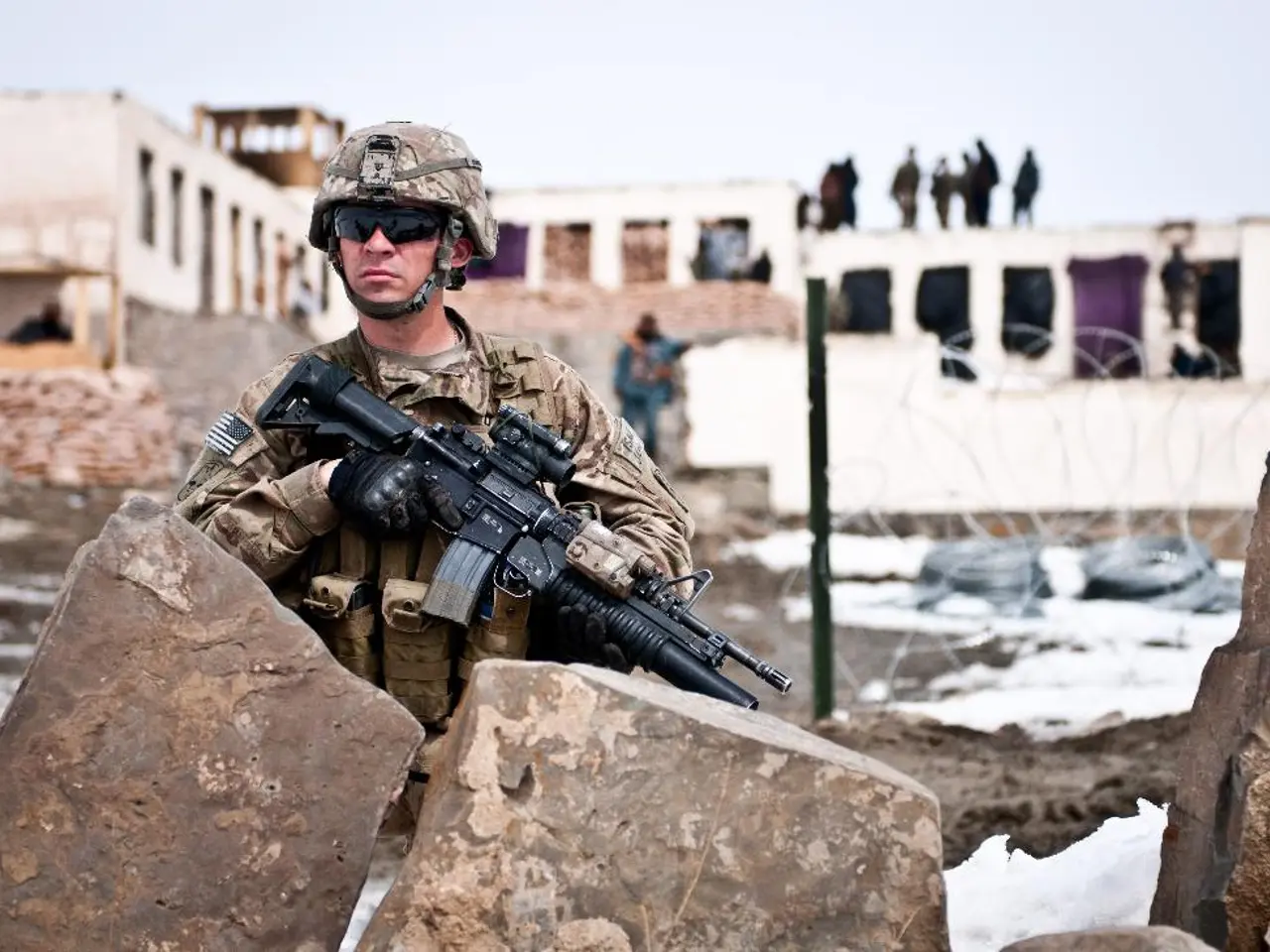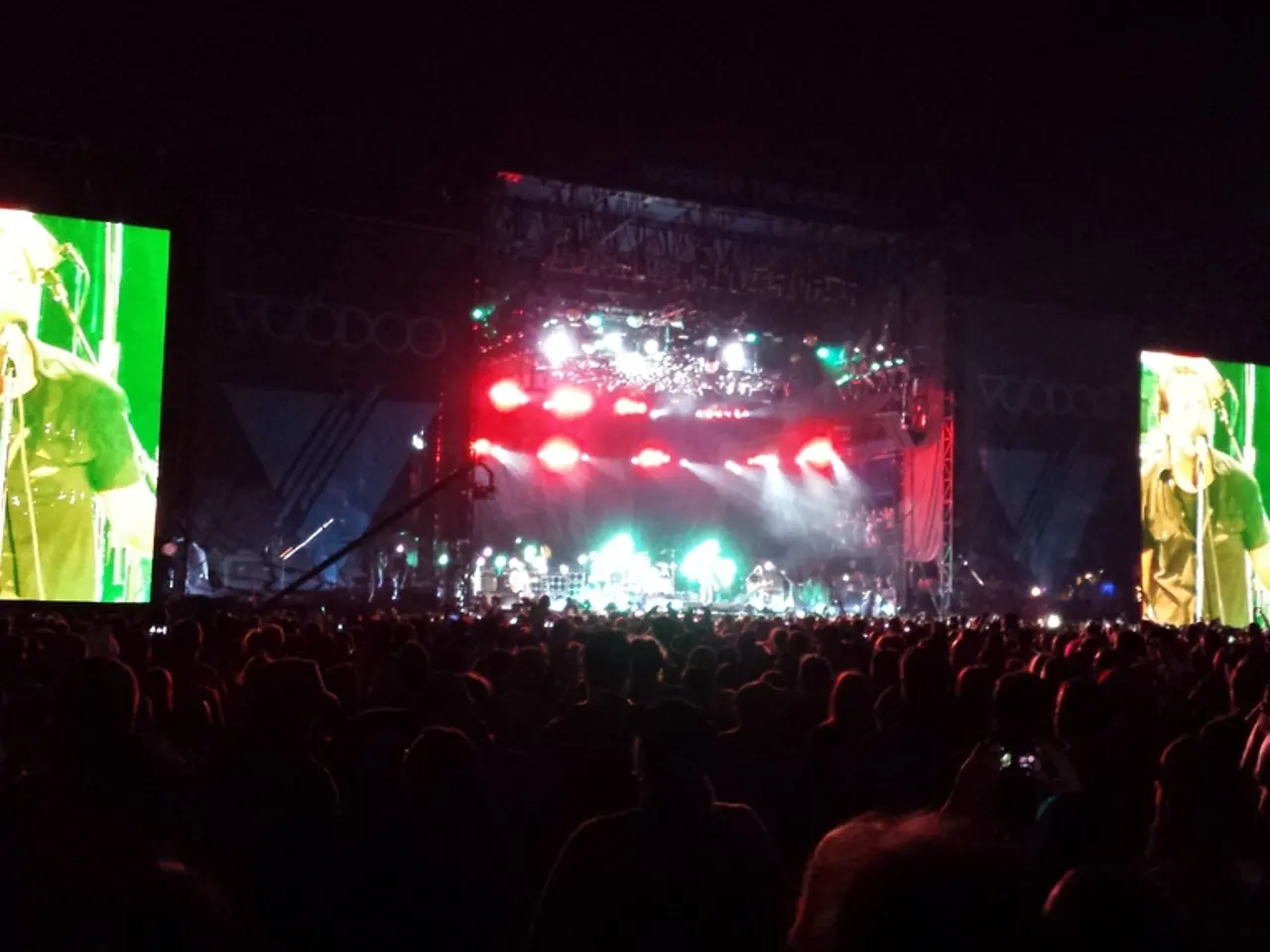"Military Leadership Clashes with Netanyahu over Proposed Strategy": Israeli Army Chief Expresses Disagreement with Prime Minister's Plan
In a rare and significant clash between military leadership and political authority, Israeli Army Chief Herzi Halevi has voiced his opposition to Prime Minister Benjamin Netanyahu's 2025 plan for full Israeli control of Gaza City. This opposition echoes deep concerns about the risks of such an occupation, both to Israeli hostages believed held in Gaza and to Israeli military resources.
The proposed plan represents a dramatic reversal, as it seeks to reoccupy and annex Gaza, a move that defies international and humanitarian calls to preserve a two-state solution and avoid further escalation. This decision would bring Israeli forces into densely populated, civilian-heavy areas where over 2 million Palestinians live amid dire humanitarian conditions.
The implications of Halevi’s opposition are substantial. Military concerns focus on safeguarding hostages and preventing overextension during intensified urban warfare in a densely populated area, as well as the strain on IDF resources after nearly two years of conflict. Politically, the opposition has sparked internal government discord, with Netanyahu criticizing military reservations and some government members showing support for the army chief’s caution.
The situation in Gaza, marked by an ongoing war between Israel and Hamas since October 7, 2023, is garnering increased international attention and calls for the conflict to end. The Israeli Security Cabinet has agreed to Netanyahu's plan to take full control of Gaza City, and the Israeli military is considering widening military operations into densely populated areas of Gaza City and central refugee camps.
Humanitarian groups have warned that there will soon be no food in the Gaza Strip, and families of the hostages are demanding their release. On Thursday, many sailed near the coast of Gaza to protest. The Ezzedine al-Qassam Brigades, another armed group in Gaza, may also be present in these areas.
The attack has destroyed a lot of the area, and the United Nations says that almost all of the 2.4 million people who live there have had to leave their homes at least once. Palestinians who had to leave their homes due to the conflict are afraid of a new ground attack, fearing it would have worse effects on relief aid. Currently, 49 hostages from the October 7 attack are still in Gaza, and 27 are believed to be dead.
Despite Halevi's opposition, the Israeli Security Cabinet has agreed to the plan. Defense Minister Yoav Gallant insists that the army must carry out the government’s plan regarding Gaza. The Israeli occupation continues to be a contentious issue in the ongoing conflict between Israel and Hamas. The Izz ad-Din al-Qassam Brigades, the armed wing of Hamas, is likely to be a significant presence in these densely populated areas. More reservists may have to be called up for these operations.
In summary, Halevi’s opposition to Netanyahu’s plan is rooted in operational, humanitarian, and strategic concerns, revealing a critical fault line between Israel’s political ambitions to control Gaza and the military’s assessment of feasibility and risk. This discord may affect the future conduct of Israel’s Gaza policy and internal government stability.
This article was written by Osama Ali, an accomplished English content writer and news writer, known for delivering accurate and well-researched news pieces.
- The proposed Israeli plan to reoccupy and annex Gaza, if executed, will likely provoke a surge in general news, war-and-conflicts, and politics coverage.
- Humanitarian groups have expressed grave concerns about the food situation in Gaza, making the topic of food a critical aspect of the ongoing news coverage.
- The business sector is also expected to be affected, as the escalating conflict could lead to economic instability and disruption in the region.
- The historical context of the Israel-Hamas conflict, as well as the international community's stance on the two-state solution, forms an essential backdrop for understanding the contemporary news about this ongoing situation.







